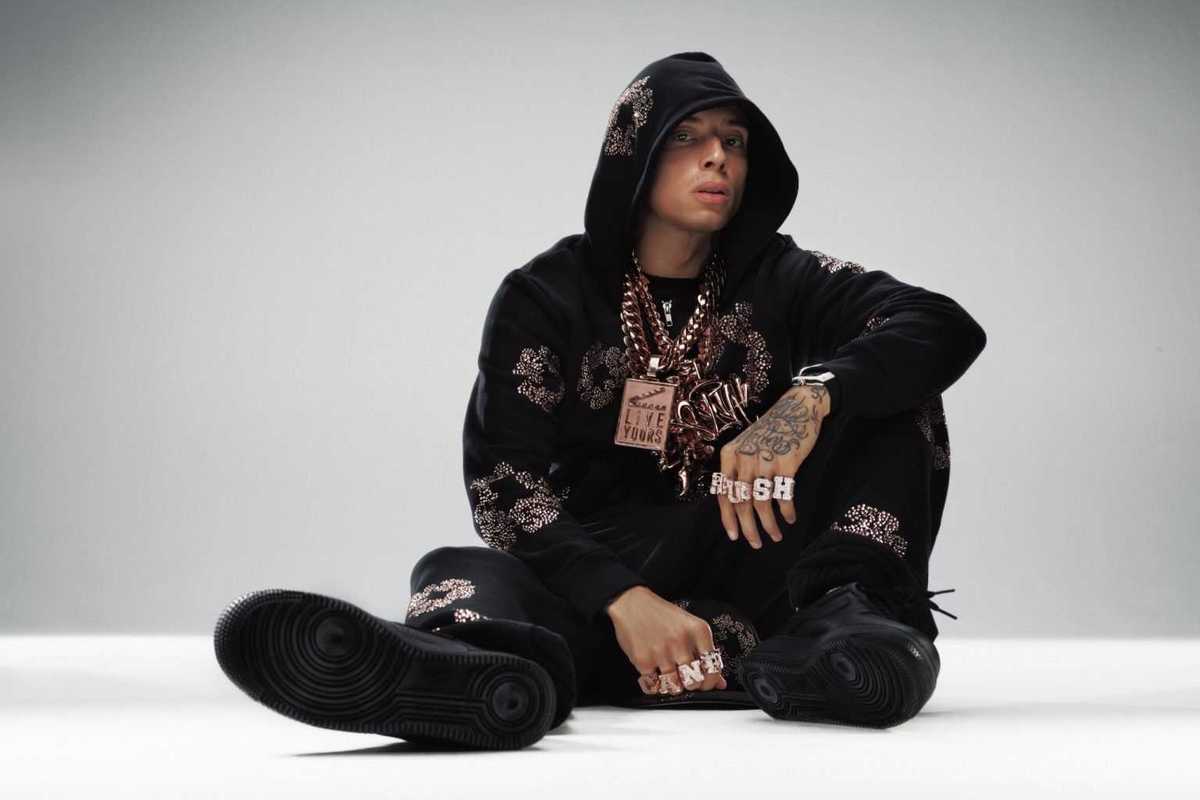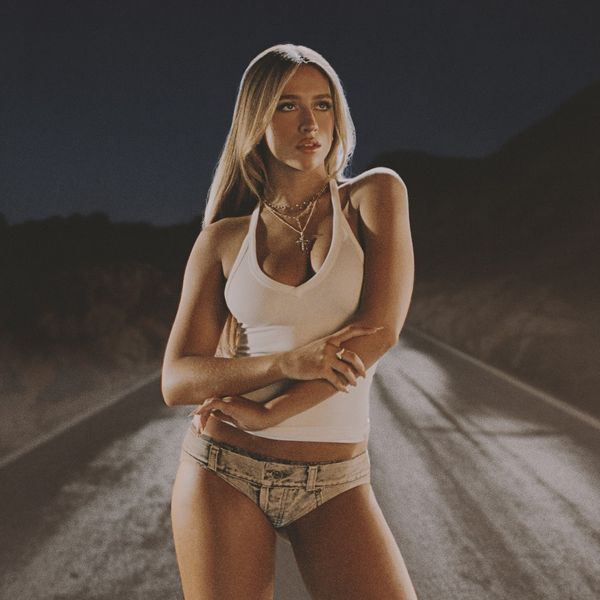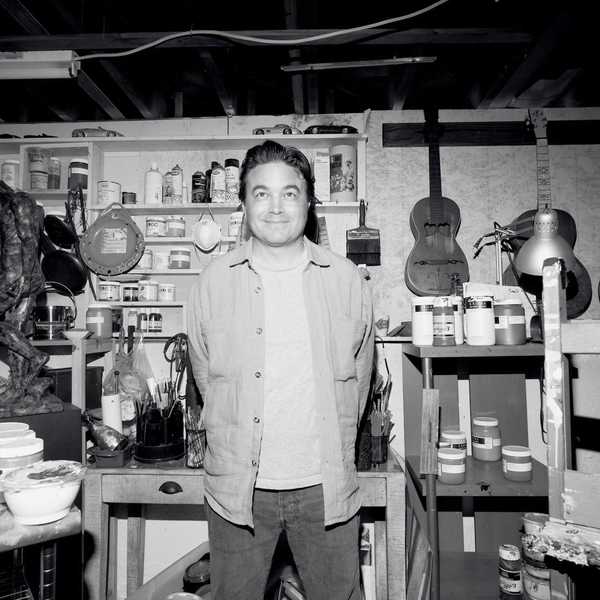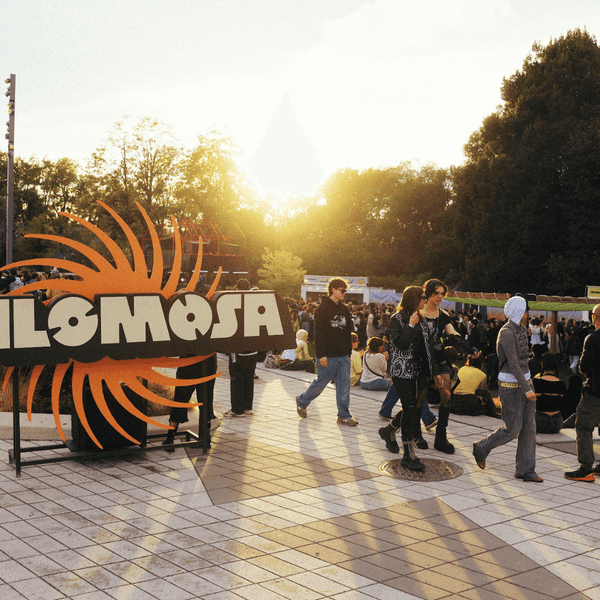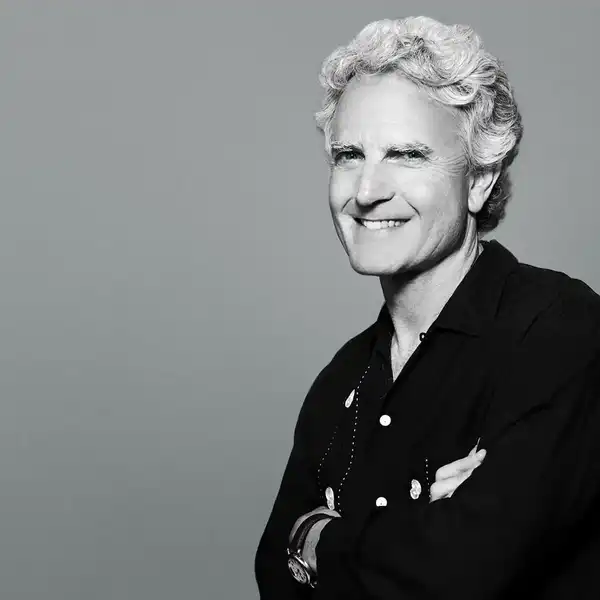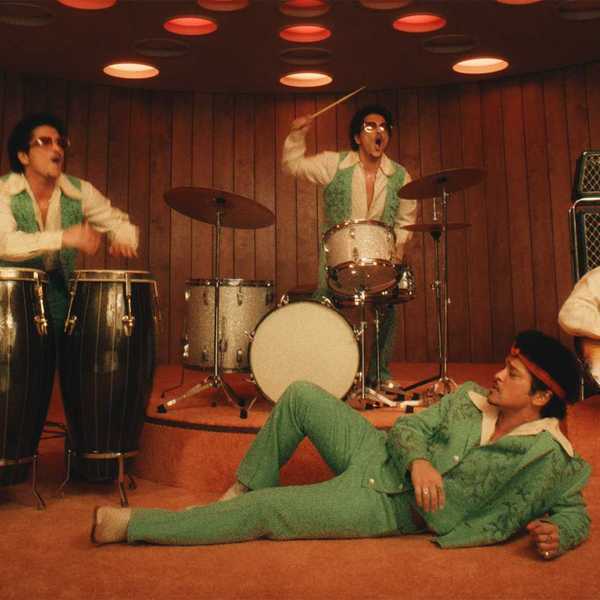Three Major Labels Sue Two Powerful AI Music Firms
Suno and Udio have both made headlines for their ease in generating music, and the latter led to one of the most notorious pieces of AI music: Metro Boomin's Drake diss track 'BBL Drizzy.'
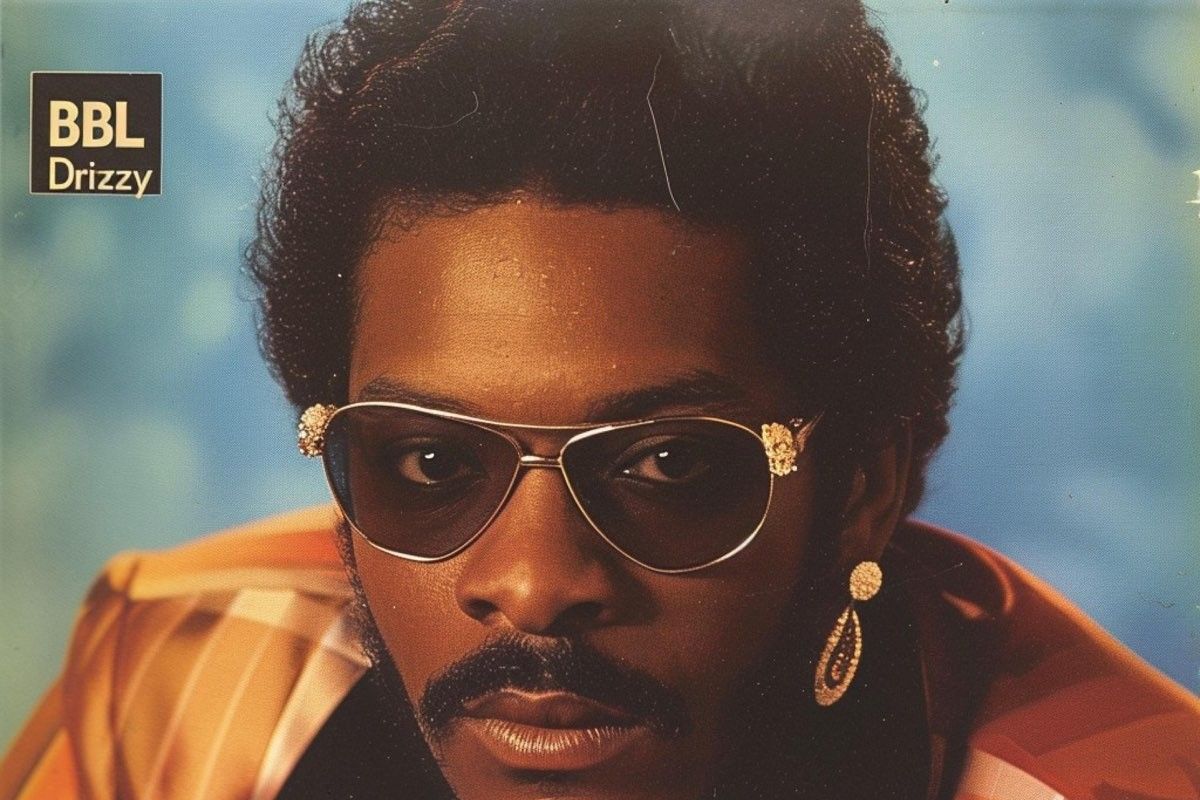
The art for King Willonius's original 'BBL Drizzy,' later sampled by Metro Boomin.
The 'Big Three' major labels are coming together to challenge two powerful AI music firms.
Billboard Pro reports that Sony Music, Warner Music Group and Universal Music Group are filing lawsuits against Suno and Udio — two of the most advanced players in the young field of generative AI.
Spearheaded by the Recording Association of America (RIAA), the lawsuits allege that the companies have unlawfully copied labels' sound recordings to train their generative AI music models.
“Building and operating [these services] requires at the outset copying and ingesting massive amounts of data to ‘train’ a software ‘model’ to generate outputs,” the lawyers for the major labels explain. “For [these services], this process involved copying decades worth of the world’s most popular sound recordings and then ingesting those copies [to] generate outputs that imitate the qualities of genuine human sound recordings.”
Udio has already produced one of the most notorious pieces of AI music, Metro Boomin's Drake diss track beat "BBL Drizzy." The track was a remix of an AI-generated beat. Later used by Drake himself, it actually created a precedent for how samples using AI are cleared.
Suno, called "A ChatGPT For Music" in a much talked about Rolling Stone article, launched in late 2023 and already has raised $125 million in funding.
The lawsuit aims to bar the companies from continuing to train on copyrighted songs and damages from the infringements that have allegedly already taken place.
As AI continues to evolve quickly, it's a flashpoint in the music industry. While some companies have tried to get ahead and use the technology in a responsible way, others are looking to curb murky copyright grey areas before they become the standard.
The results of these lawsuits could have big implications, but they likely won't be the last.
Read more here.

